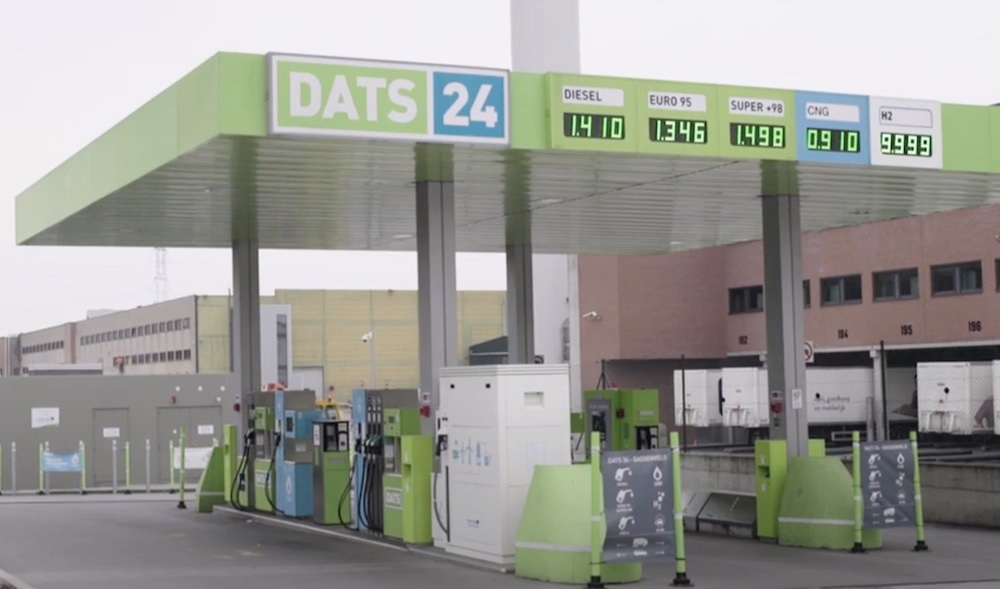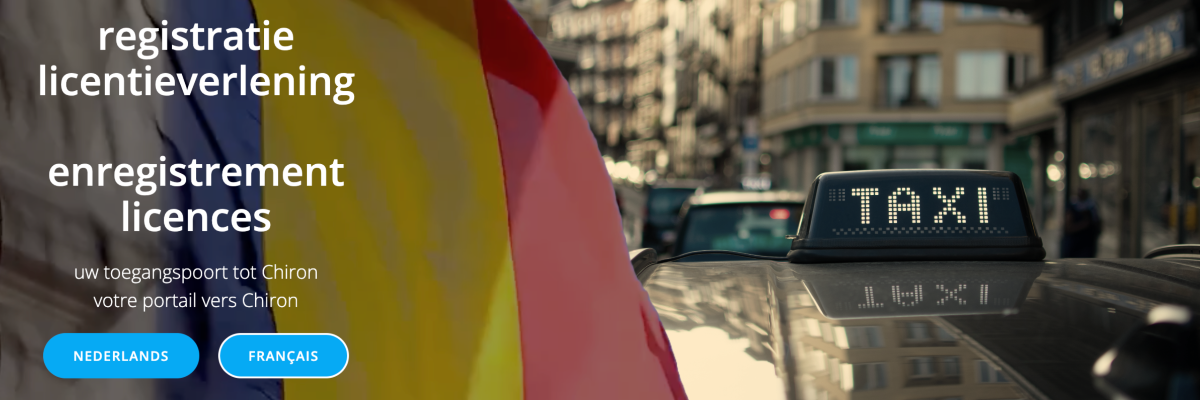As a retailer, the company takes responsibility for smart and sustainable handling of goods mobility.
Colruyt Group, a respected Belgian family business with roots going back to three generations, is taking major steps in the world of sustainable mobility. With more than 33.000 employees spread over three countries, the group still maintains the core values of a family business: passion, expertise, simplicity and efficiency.
Hydrogen is a light, colorless and odorless gaseous substance. When hydrogen is combined with oxygen in a fuel cell, it produces electricity, with water and heat as the only by-products. It is considered a clean fuel, especially when produced from renewable resources.
Colruyt's commitment to a greener future is impressive: by 2035, the group aims to make all their freight transport zero-emission. How? Through a gradual transition to battery-electric and hydrogen-electric vehicles. Colruyt has more than a decade of experience with hydrogen and is going one step further by investing in hydrogen factories in North Sea ports.
Colruyt's vision on hydrogen goes further than just transport. By investing in hydrogen factories, Colruyt positions itself as an important player in the entire hydrogen value chain.
Hydrogen has received a lot of attention in recent years as a promising green fuel. What makes it “green” is that it is produced from renewable energy sources such as solar and wind, minimizing greenhouse gas emissions during production. Colruyt sees the immense potential of green hydrogen as a clean and renewable fuel.

"We take our responsibility as a retailer to deal with goods mobility in a smart and sustainable way. We avoid kilometers and opt for alternative means of transport where possible. And if we do have to go on the road, we will do so as green as possible. the complete switch to zero-emission transport."
Colruyt Group
Currently has Colruyt one 44-tonne hydrogen truck, but two more will be added this autumn. In 2017, the group started with fifteen hydrogen-powered forklift trucks. This number later grew to ninety, mainly because of their efficiency: they can be filled up in one and a half minutes, compared to a six-hour battery charge.
But what makes hydrogen so attractive for mobility? The limits of electrical energy are particularly visible in countries such as the Netherlands. Electricity grids are under pressure due to the massive electrification of vehicles. This is where hydrogen comes into the picture, with faster refueling times and longer ranges than battery vehicles. Colruyt sees a future in which both technologies go hand in hand, depending on the needs of the range and the charging time.
Colruyt has already invested in hydrogen infrastructure in the past, with the launch of the first public hydrogen pump in 2018. Traditionally known for its retail activities, the group has long been involved in renewable energy projects.
Despite the higher prices of hydrogen vehicles for private individuals, there are already initiatives such as the Belgian Hydrogen Council (BHC) established to promote and advise the Belgian hydrogen industry on policy. Leading companies are involved, including ENGIE, John Cockerill, and Fluxys.



